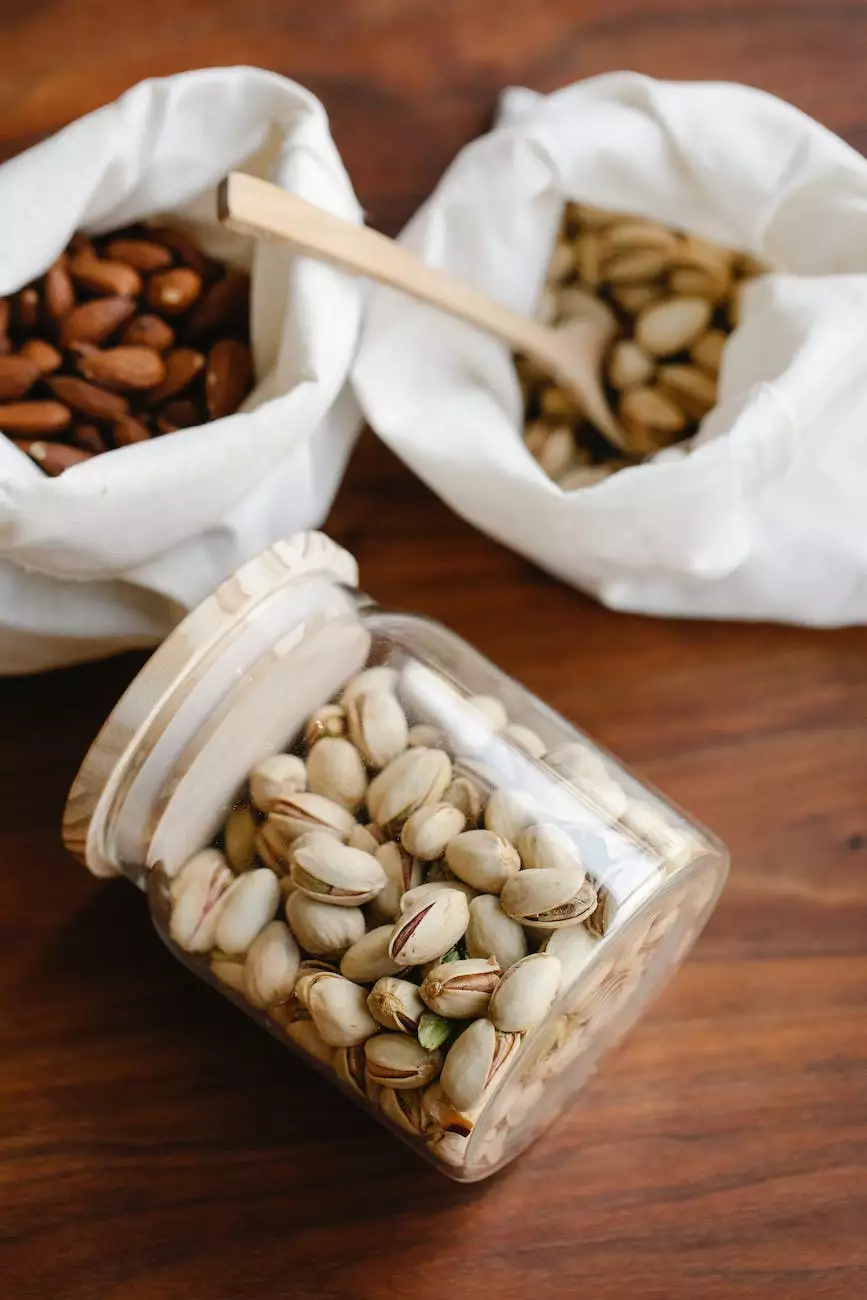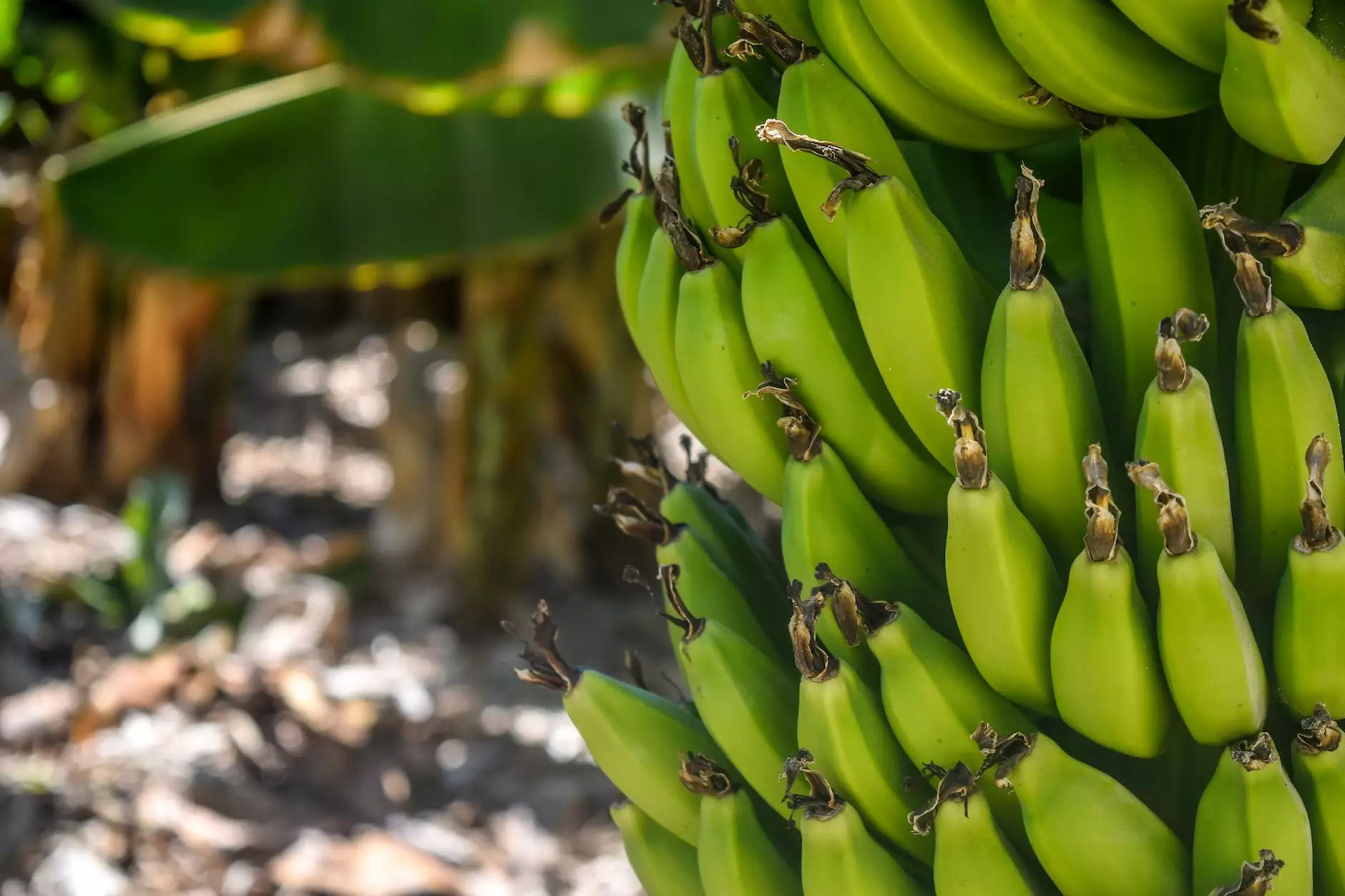Where Do You Get Your Protein?

The Importance of Protein in a Healthy Diet
Protein is an essential macronutrient that plays a crucial role in our overall health and well-being. It is composed of amino acids, which are the building blocks of our body. Every cell, tissue, and organ in our body requires protein for proper functioning and repair.
Protein is involved in various vital processes such as muscle development, immune function, hormone production, and enzyme synthesis. It also helps to regulate blood sugar levels, promote satiety, and support weight management.
Understanding Protein Requirements
Protein needs vary depending on factors such as age, sex, body weight, physical activity level, and overall health status. The Recommended Dietary Allowance (RDA) for protein is 0.8 grams per kilogram of body weight for adults. However, certain individuals, such as athletes, pregnant women, and those recovering from injuries or illnesses, may require higher protein intakes.
To ensure optimal health, it is important to consume a variety of high-quality protein sources that provide all essential amino acids our body needs.
Plant-Based Protein Sources
Contrary to popular belief, it is easy to meet your protein needs on a plant-based diet. There are several plant-based protein sources available that are not only nutritious but also delicious:
1. Legumes
Legumes, such as beans, lentils, and chickpeas, are excellent sources of protein. They are also rich in fiber, vitamins, and minerals. Adding legumes to your diet can provide a significant amount of protein and contribute to good overall health.
2. Nuts and Seeds
Nuts and seeds, such as almonds, walnuts, chia seeds, and flaxseeds, are packed with protein, healthy fats, and various essential nutrients. They can be enjoyed as a snack, added to dishes, or used in plant-based recipes to boost protein content.
3. Whole Grains
Whole grains like quinoa, brown rice, oats, and amaranth are not only a great source of complex carbohydrates but also provide a moderate amount of protein. Including these grains in your meals can help increase your protein intake while providing other important nutrients.
4. Tofu and Tempeh
Tofu and tempeh are popular plant-based protein sources, especially in vegetarian and vegan diets. They are made from soybeans and offer a complete amino acid profile. They can be incorporated into various dishes and provide a versatile option for protein-rich meals.
5. Leafy Greens
Leafy greens like spinach, kale, and broccoli are not only rich in vitamins and minerals but also contain a significant amount of protein. Adding these nutrient-dense vegetables to your meals can help increase your protein intake while providing numerous health benefits.
Animal-Based Protein Sources
While plant-based protein sources are abundant, animal-based protein also offers a complete amino acid profile. If you choose to include animal products in your diet, consider lean sources such as:
1. Poultry
Chicken and turkey are lean sources of protein. Opt for skinless, boneless cuts to reduce saturated fat intake while enjoying the benefits of high-quality protein.
2. Fish and Seafood
Fatty fish like salmon, trout, and sardines not only provide protein but also offer heart-healthy omega-3 fatty acids. Including fish in your diet a few times a week can contribute to a well-rounded protein intake.
3. Eggs and Dairy Products
Eggs and dairy products, such as milk, yogurt, and cheese, are excellent sources of protein, vitamins, and minerals. Choose low-fat or non-fat options to keep your saturated fat intake in check.
4. Lean Meats
If you prefer red meat, opt for lean cuts such as sirloin, tenderloin, or eye of round to reduce the intake of saturated fats. Remember to balance your protein intake with a variety of other nutrient-rich foods.
Creating a Balanced Protein Diet
Whether you follow a plant-based or animal-based diet, it's important to create a balanced eating plan that meets your individual protein needs. Incorporating a variety of protein sources into your meals ensures you receive all essential amino acids and a range of other nutrients.
Consulting a registered dietitian or nutritionist can help you develop a personalized dietary plan that supports your protein requirements while considering other health goals and preferences.
The Bottom Line
Meeting your protein needs is crucial for maintaining optimal health. There are abundant options available from both plant-based and animal-based sources. By incorporating a wide variety of protein-rich foods into your diet, you can enjoy not only excellent nutrition but also delicious meals.
Remember to listen to your body's needs and consult with a healthcare professional if you have any specific dietary concerns. Whichever dietary path you choose, embrace the power of protein and nourish your body for overall well-being.










